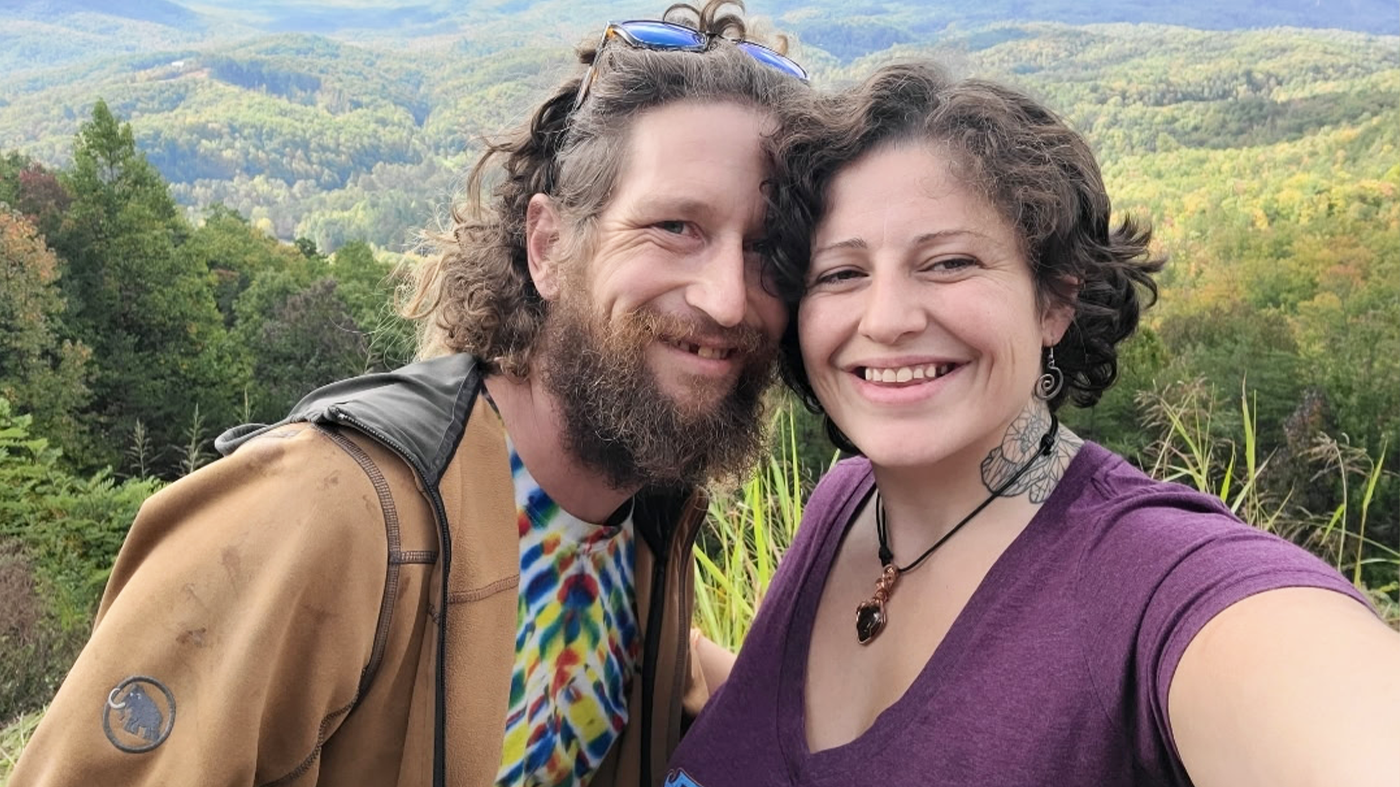On June 12, 1948, President Harry S. Truman signed into law the Women’s Armed Services Integration Act, which gave women the right to serve as regular, permanent members of the Armed Forces. Today, there are more than 2 million living women Veterans across the country—the fastest-growing group of Veterans.
Dedicated to serving you
VA is doing a lot to meet the needs of women Veterans—improving access, expanding services and investing in specialized care.
At every VA medical center, you’ll find designated women’s health providers trained to understand and care for your specific health needs. These providers deliver whole-person care that recognizes your experiences—both in uniform and beyond.
Services include:
- Birth control options.
- Breast health, including breast cancer screening.
- Breastfeeding and lactation support.
- Maternity care coordination.
- Fertility and family building services.
- Menopause management and hormone therapy.
- Gynecologic surgery and cancer screenings.
- Military sexual trauma support services.
- Mental health care tailored to women Veterans’ experiences.
- Prosthetics designed specifically for women Veterans.
For a full overview of women’s health services, visit this overview of health services page.
Want help navigating your options?
Call or text the Women Veterans Call Center at 1-855-VA-WOMEN (1-855-829-6636). It’s free, confidential and staffed by women—many of whom are Veterans themselves. Whether you’re calling for yourself or someone you care about, they’ll connect you with the right support, including your local Women Veterans Program Manager.
Whether you’re in a city or a rural community, VA is expanding access through digital tools and telehealth, community care options and the Transition Assistance Program that helps you understand your benefits before you leave active duty.
Your benefits go beyond health care. Explore what’s available to you from education and housing assistance to burials and memorials.
We see you. We hear you. And we’re here for you.
Topics in this story
More Stories
Stuck in a cycle of drinking and homelessness, Veteran Taylor West was sentenced to Veterans Treatment Court, where he developed the tools to get back on track.
A tribute to four World War II-era residents at the Northwest Louisiana Veterans Home.
A VA program provides hands-on, immersive sessions where caregivers can practice CPR through realistic home-based scenarios.






I am still waiting for the VA began to recognize that women with PTSD and other chronic conditions require a caregiver just like men. Secondly I am waiting for those who have chronic/server PTSD to qualify based on mental health issues instead of physical health like feeding, dressing and bathing themselves like men. Since my comments are duplicate please do something about it
I had a hearing aide provided several years ago.
Now, my hearing has diminished,
Need a NEW HEARING AIDE DEVCE.
HELP APPRECIATED.
Love that your doing alot for women these days, but how about upgrading your usual services, like hormone replacements that are not so back dated? And for aging community, we are still around, you know.